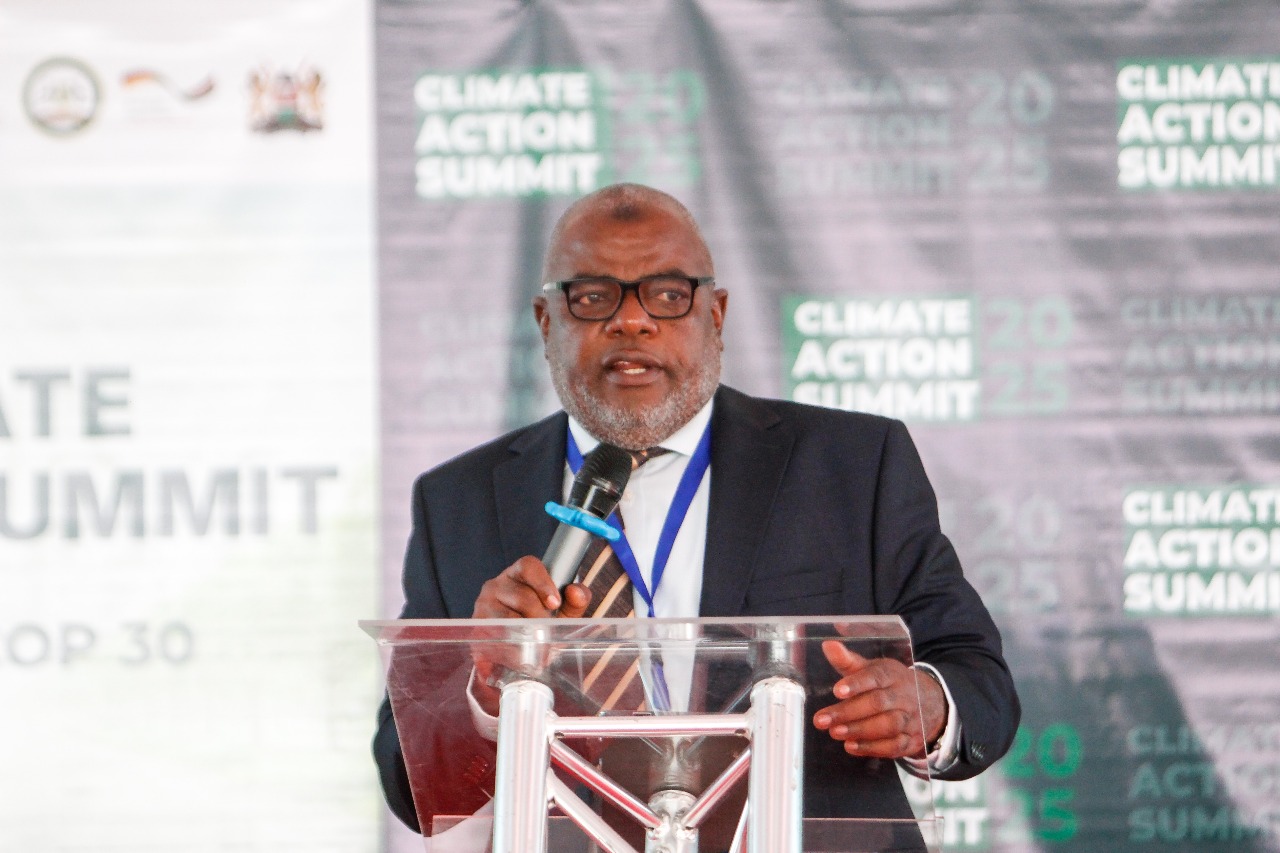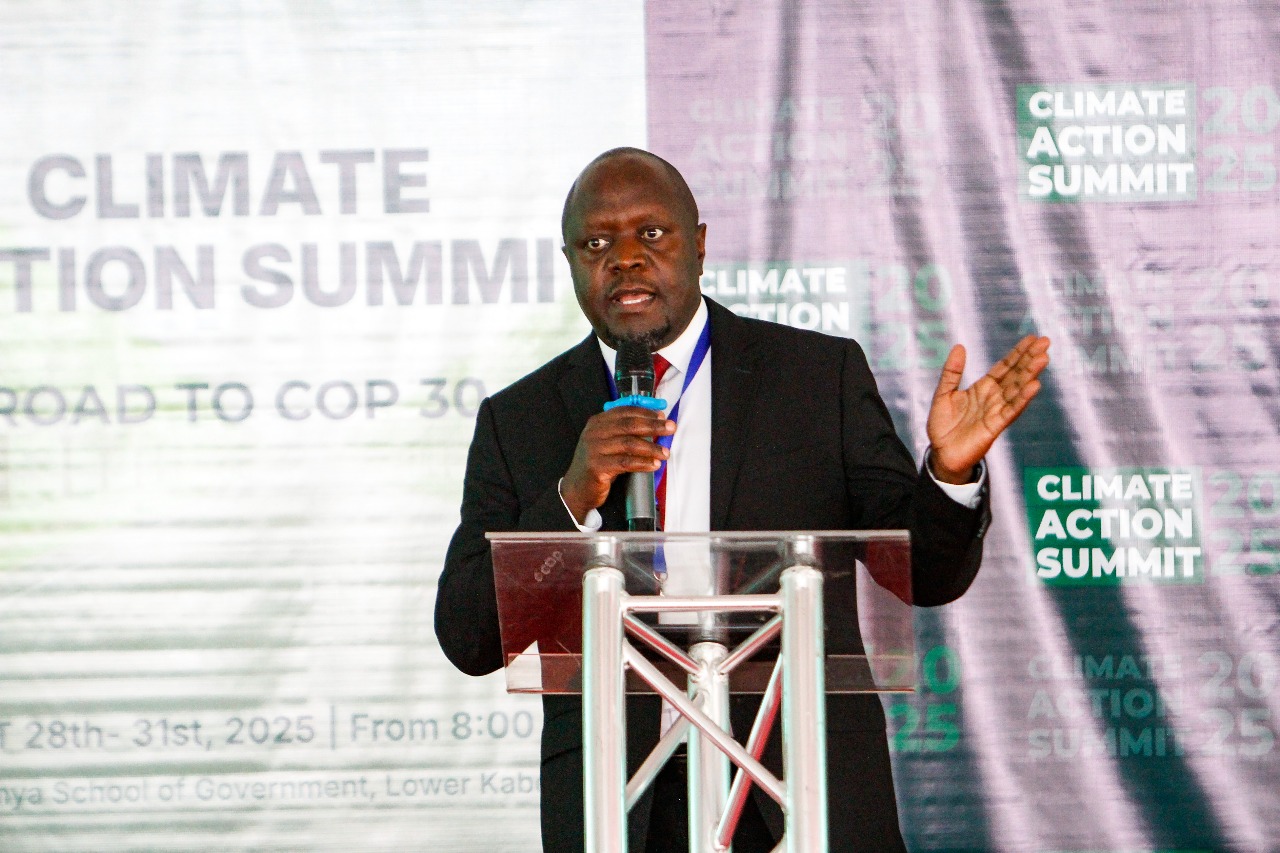

Kenyan leaders have called for stronger devolution, judicial
accountability, and greater community participation to anchor the country’s
climate response.
Speaking during the
second day of the 2025 Climate Action Summit in Nairobi, officials from the
judiciary, legislature, and civil society said Kenya’s path to climate
resilience depends on good governance, inclusive decision-making, and
sustainable local initiatives.
The meeting, attended by judges, senators, county leaders,
and environmental advocates, focused on how justice, coordination, and public
engagement can accelerate Kenya’s transition to a low-carbon and
climate-resilient future.
Justice Oscar Angote, Principal Judge of the Environment and
Land Court, said the judiciary plays a crucial role in ensuring climate justice
and protecting citizens’ constitutional right to a clean and healthy
environment.
“The courts have a duty not only to protect the right to a clean and habitable environment but also to uphold the dignity and livelihoods of communities affected by climate change,” Justice Angote said.
“Climate
action must go hand in hand with human rights protection.”
He added that environmental preservation—such as
safeguarding green spaces and riparian lands—is essential for biodiversity and
human well-being, not merely aesthetic.
Justice Angote also urged civic education to empower
citizens to defend environmental rights and affirmed that judicial oversight
will hold both state and private actors accountable for environmental harm.
Senator Faki Mohamed Mwinyihaji, Chair of the Senate
Committee on Lands, Environment and Natural Resources, said counties must be at
the forefront of climate solutions.
“Counties must not be passive recipients of national policy—they must lead in local climate action,” he said.

He cited county-level initiatives such as community biogas
projects in Nyandarua and erosion mitigation efforts in coastal areas as proof
that localized responses can deliver impact.
The senator outlined Senate priorities, including better
coordination between county and national governments, transparent climate
financing, and accountability mechanisms to ensure funds reach communities.
“Devolution is Kenya’s greatest advantage in the climate
era. It enables us to respond locally, coordinate nationally, and lead
globally,” he added.
Bishop Margaret Wanjiru, Chairperson of the Nairobi Rivers
Commission, emphasized that lasting river and ecosystem restoration relies on
community ownership.
“At the heart of river regeneration lies local
participation. We are not displacing communities; we are formalizing them,” she
said, citing plans to integrate informal economic activities along riparian
areas like Grogan, Gikomba, and Kamukunji into organized, sustainable market
spaces.
The summit—jointly convened by the Nairobi Rivers Commission
and the Kenya School of Government—continues Thursday with sessions on climate
finance, innovation, and private sector partnerships, as Kenya prepares for
COP30 in Belém, Brazil.













